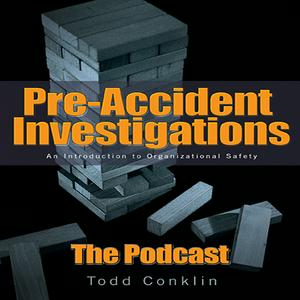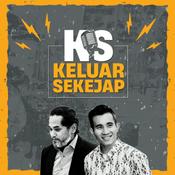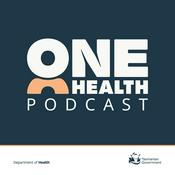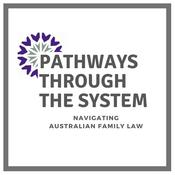640 episodes
- In this clip from the Pre‑Accident Investigation Podcast and Punk Rock Safety, Todd joins Ron, Ben, and David to debate why safety innovation is stalling, where new ideas are coming from, and who’s pushing practice forward. They explore barriers like regulatory pressure, the pull of “normal,” and the difference between improving safety and redesigning work.
Using examples from pediatric intensive care and other domains, the conversation highlights pockets of progress, the danger of idea corruption, and the need to embrace experimentation, rethink systems, and find the next generation of thinkers to advance safety practice. PAPod 584 - How Pediatric Hospitals Cut Fatal Extubations by 60% — 12,500 Lives Saved
07/02/2026 | 18 mins.This episode tells the real-life story of how the Society for Patient Safety and a network of children’s hospitals used learning teams, proactive safety huddles, and simulations to reduce unplanned extubations in neonatal ICUs — cutting rates by 60% and preventing thousands of deaths.
It covers the data, the frontline-led solutions, the narrowing of racial disparities, and an invitation to a small conference in Santa Fe to learn and share improvement practices.- This episode previews a small workshop in Santa Fe where Todd Conklin, Ann Lyren, and guest ReDonda Vaught will explore a tragic patient safety case. They frame accidents as the unexpected combination of normal performance variability and discuss how to learn from such incidents.
Listeners will hear about the meeting goals (March 31–April 1), opportunities to chart the event, and practical tactics for organizations to identify and respond to accumulating risks, with cross-industry lessons and a focus on improving safety culture. - Todd Conklin breaks down why accountability is an act of clarity, not blame or discipline, and why leaders and workers share responsibility for operational safety.
He highlights the need to set roles before incidents occur, contrasts accountability with performance management, and announces a case-study workshop about Redonda’s Vanderbilt story in Santa Fe (March 31–April 1). PAPod 581- Measuring the Invisible: When 'Nothing Happened' Breaks Safety Metrics
17/01/2026 | 18 mins.Todd Conklin explores why its so difficult to measure events that never happen and how traditional safety metrics can mislead organizations. He argues for focusing on metrics that validate safeguards and create desired outcomes rather than only counting accidents.
The episode also touches on automation risks, the limits of frequency-based measures, and the need for better leading indicators and verification practices to keep systems safe even when nothing appears to go wrong.
More Government podcasts
Trending Government podcasts
About PreAccident Investigation Podcast
The Pre Accident Podcast is an ongoing safety podcast conversation of Human Performance, Systems Safety, & Safety Culture.
Podcast websiteListen to PreAccident Investigation Podcast, Strict Scrutiny and many other podcasts from around the world with the radio.net app

Get the free radio.net app
- Stations and podcasts to bookmark
- Stream via Wi-Fi or Bluetooth
- Supports Carplay & Android Auto
- Many other app features
Get the free radio.net app
- Stations and podcasts to bookmark
- Stream via Wi-Fi or Bluetooth
- Supports Carplay & Android Auto
- Many other app features


PreAccident Investigation Podcast
Scan code,
download the app,
start listening.
download the app,
start listening.


































